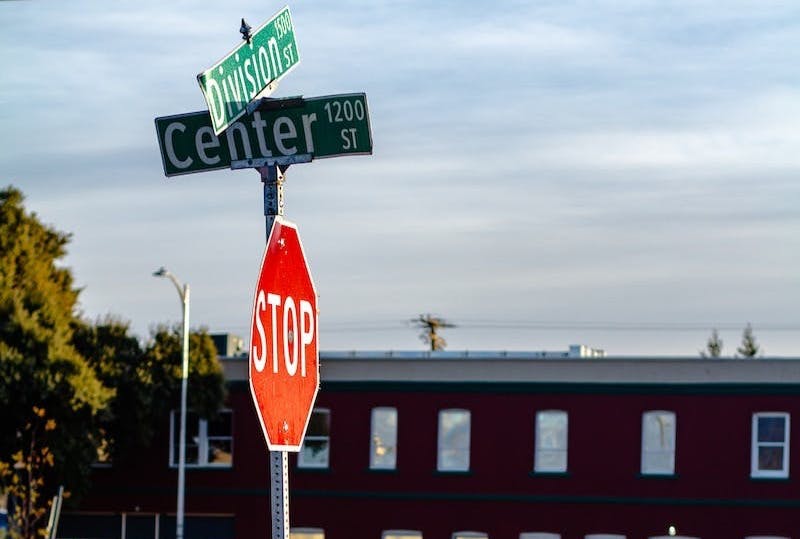As we head into another (dreaded) year of presidential campaigning, I want to share with you something I read recently that helped me feel just a little less helpless in the face of the widening chasm between political parties.
|
|
There’s a lot of data showing that Americans are losing the ability to find common ground across political parties. In the 1970s, legislators of the two parties overlapped on a lot of issues. An impressive 37% of legislators in the House of Representatives were moderate. Today “moderates” are so few, I’m not sure I even know what that word means.
I’ve been learning about the causes of that divide from a book by Bill Bishop, The Big Sort: Why Clustering of Like-Minded America is Tearing Us Apart. He wrote it in 2008, and since then things have only gotten bleaker.
Bishop says we often blame political polarization on gerrymandering and top-down political conspiracies. But he argues that something bottom-up is just as consequential. It’s something pretty simple: people just like to spend time around their type of people.
I think that raises an important question: who are our “type of people,” and what do we miss by shutting out the rest?
Back in 2006, marketing firms used their most sophisticated profiling techniques to come up with a list of attributes of each political party. They came up with what Bishop calls “a rather unsurprising list.” Here’s his summary:
You could probably update and add to that list. Here’s the thing: this points to a disturbing reality about how we choose both our political party and the people we hang out with. We choose what “feels right.” As Bishop puts it, you choose the party and the neighborhood “filled with your kind of people.”
I bet if you list the reasons for your most significant decisions affecting who you spend time around—the city and neighborhood you live in, your major in college, your field of work, your faith community, your children’s preschool, your go-to friend group—it had a lot to do with some amorphous “vibe” thing. You never had to survey your neighbors to figure out their politics. You could do that without even trying because you’re adept enough at discerning culture. You put yourself in social bubbles with the people who remind you of yourself. Just like everybody else does. It just feels right.
Who are the people who “just feel right” to you? Who does that leave out? What are you doing to hang out with people outside your cultural bubble? What ideas do you dismiss just because they come from people whose company you don’t feel cozy in?
I don’t have any expectations that you and I are going to reverse the trends of The Big Sort just by spending a little more time with somebody across the political aisle. But I think it sure wouldn’t hurt.
|
|

